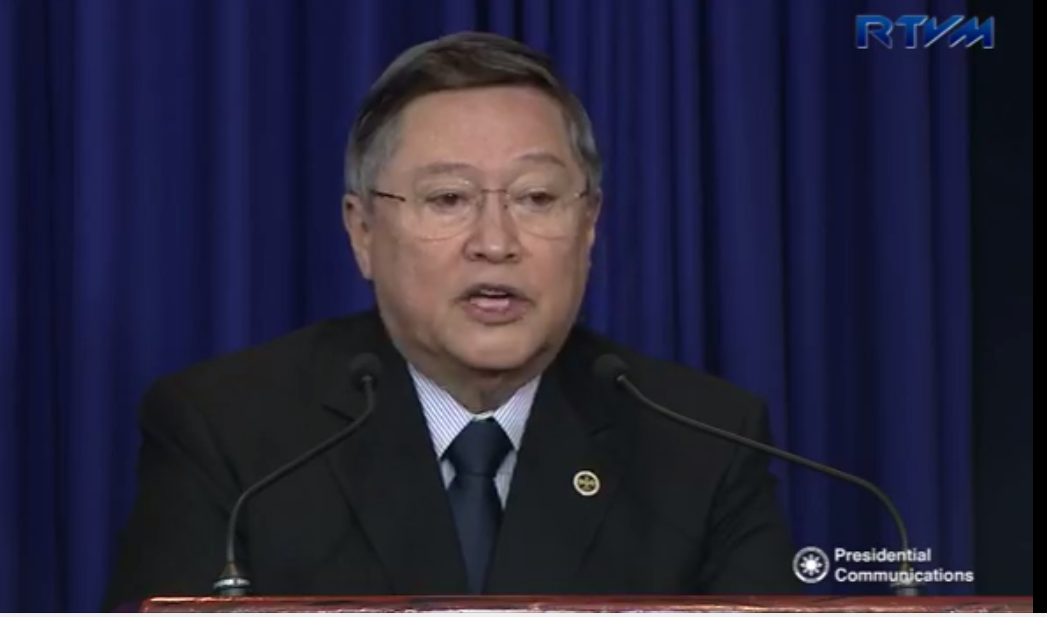
(Eagle News) –The Tax Reform for Acceleration and Inclusion (TRAIN) law is expected to raise over P786 billion in revenues in a span of five years.
According to Department of Finance (DOF) Secretary Carlos Dominguez III, the projected revenues amount to P786.4 billion in that period of time.
Based on DOF data, Package 1 of TRAIN, which was signed into law on Dec 19, 2017, is expected to generate P89.9 billion.
Package 1 raises taxes on fuel, cars and sugar-sweetened drinks, thereby enabling the exemption of compensation earners and self-employed individuals with an annual taxable income of P250,000 and below or those earning at least P21,000 a month from paying personal income tax.
Package 1B which is mainly composed of tax administration measures, will raise P38.9 billion in revenue, allowing the government to reach the target revenue of almost P129 billion for the year 2018.
According to Dominguez, the Package 2 proposal, which aims to lower corporate income taxes and modernize fiscal incentives, will be submitted to Congress in January.
Package 4 which deals with passive income and financial taxes, and Package 3 will be submitted within the year.
Dominguez said Package 5 will be submitted if there was a need to raise more revenues.
In 2019, revenues from TRAIN, according to BOF estimates, is at P144.2 billion; in 2020, at P187.7 billion; in 2021, at P186.8 billion; and in 2022, at P177.8 billion.
Priority projects
The revenues from the newly enacted tax reform law will support the Duterte administration’s priority projects on social and infrastructure programs.
Dominguez said the administration’s infrastructure program, for instance, will require about P8 trillion.
He said that of the P8 trillion, the government plans to raise more or less P2 trillion.
“It is not wise to borrow everything, just like any business, you have to have your own capital…we would like to raise more or less something in the area of two trillion pesos for this, around 25% of the total,” Dominguez said.
Revenues from TRAIN can also fund 629,000 public school classrooms; 1,324 provincial hospitals, among others, the government said.
https://www.youtube.com/watch?v=wGj8U-Z4jos







